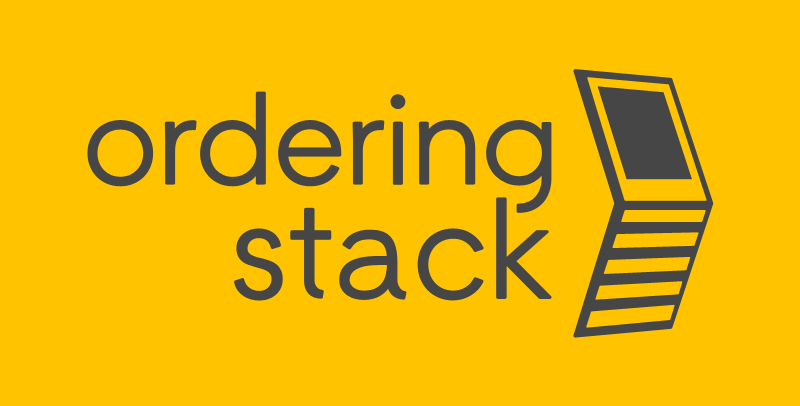How IT Systems Support QSR Chains in Brand Building and Market Differentiation
In the rapidly evolving quick-service restaurant (QSR) sector, technology plays a crucial role in both marketing and operational strategies. Modern IT systems not only streamline internal processes but also enable the creation of unique customer experiences, which are essential for building strong brands and customer loyalty.

The Growing Importance of Technology in the QSR Industry
The Polish food service market, including the QSR segment, has been experiencing dynamic growth. According to a PMR report, the value of the HoReCa market in Poland is approximately PLN 38 billion, with the fast-food segment accounting for around 20%—making it one of the fastest-growing sectors. In Q1 2024 alone, foot traffic in QSR establishments increased by 4.7% year-over-year.
Data Analytics and Personalization as the Core of Marketing Strategy
Today’s consumers expect not only fast service but also a personalized experience. IT systems facilitate the collection and analysis of data from various sources such as self-service kiosks and mobile apps. This allows restaurants to better understand customer preferences—identifying the most popular meals, combos, or add-ons. Such insights enable more accurate offer customization and faster responses to changing market demands.
Technology-Driven Loyalty Programs
Modern IT tools are integral to the development of effective loyalty programs. Personalized communication—such as birthday offers or meal recommendations based on past orders—helps strengthen brand affinity. Some QSR chains are enhancing their loyalty schemes with exclusive products, special privileges, or invitations to unique events, further boosting customer engagement and reinforcing brand positioning.
Social Media Integration and Community Building
An active presence on social media has become a vital element of QSR marketing strategies. Customers are eager to follow their favorite restaurants, engage in interactions, and share reviews. Integration between IT systems and social platforms allows for consistent communication, the promotion of special deals, and the development of loyal brand communities.
Ordering Stack – Comprehensive Support for QSR Chains
Among the available technology solutions, Ordering Stack stands out as a comprehensive platform designed to support QSR networks in digitizing sales and customer service processes. The system enables the implementation of self-service kiosks, mobile apps, POS panels, and online ordering—all integrated within a single architecture, simplifying management and data analysis.
Key Benefits of Using Ordering Stack:
-
Consistent Omnichannel Experience – Customers can start their order in the app and complete it at a kiosk or in-store without re-entering their information.
-
Personalized Communication – Marketing teams can segment customer groups based on order history and send tailored offers (e.g., birthday promotions or flavor preferences).
-
Faster Service Delivery – By automating ordering and payment processes, restaurants reduce wait times and increase throughput.
-
Flexible Offer Management – Restaurateurs can manage menus, adjust pricing, or launch promotions in real-time, with updates instantly visible across all channels.
-
Social Media Integration – Linking customer accounts with brand social media profiles enhances marketing initiatives and drives higher engagement.
Ordering Stack delivers not only technology but also expertise and implementation support tailored to the specific needs of both local and international restaurant chains.
Automation as a Pillar of Modern Customer Experience
Self-service kiosks and integrated ordering systems are foundational to delivering modern in-restaurant experiences. Ordering Stack facilitates rapid deployment of these solutions, reducing service time and minimizing errors. Automation boosts operational efficiency while unlocking new marketing opportunities—such as dynamic promotional menus or real-time product recommendations.
Conclusion
In the era of digital transformation, IT systems are no longer merely tools for operational efficiency—they are pivotal components of QSR marketing strategies. Through data analysis, offer personalization, process automation, and social media integration, restaurants can build powerful brands, stand out in competitive markets, and foster customer loyalty. Investing in modern technology is a forward-thinking move that delivers tangible benefits for both businesses and their customers.





